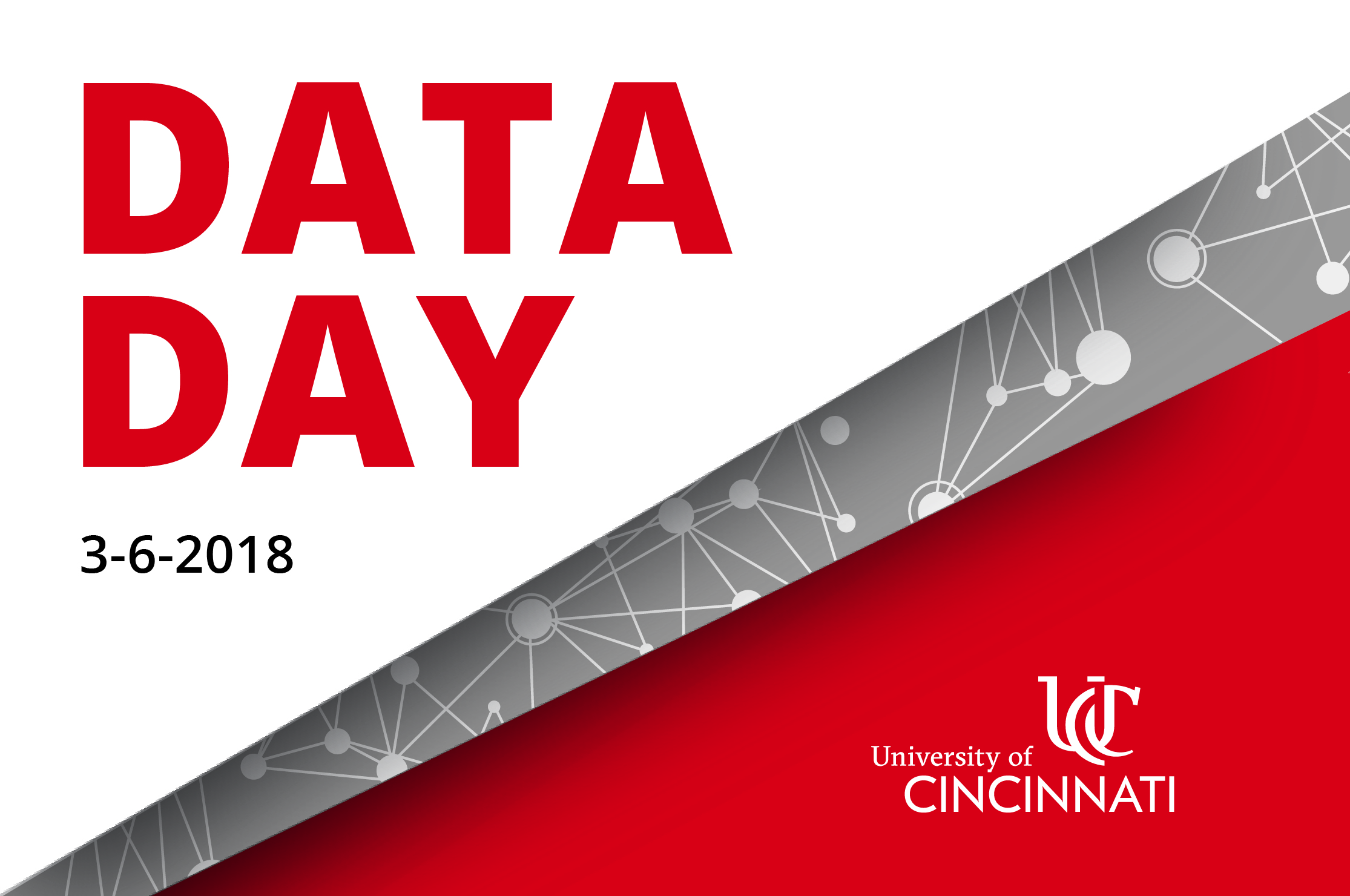 The University of Cincinnati Libraries and IT@UC announce the third annual UC DATA Day. Scheduled for 8:30 a.m.-4:15 p.m., Tuesday, March 6 in Nippert Stadium West Pavilion on UC’s Main Campus (see directions), UC DATA Day 2018 offers a full schedule of engaging events that will reveal solutions to data challenges and foster a community of best practices around improved data management. All events are free and include lunch. The public is welcome.
The University of Cincinnati Libraries and IT@UC announce the third annual UC DATA Day. Scheduled for 8:30 a.m.-4:15 p.m., Tuesday, March 6 in Nippert Stadium West Pavilion on UC’s Main Campus (see directions), UC DATA Day 2018 offers a full schedule of engaging events that will reveal solutions to data challenges and foster a community of best practices around improved data management. All events are free and include lunch. The public is welcome.
Registration is now open at http://libapps.libraries.uc.edu/blogs/dataday/registration/. Seats are limited, so register early.
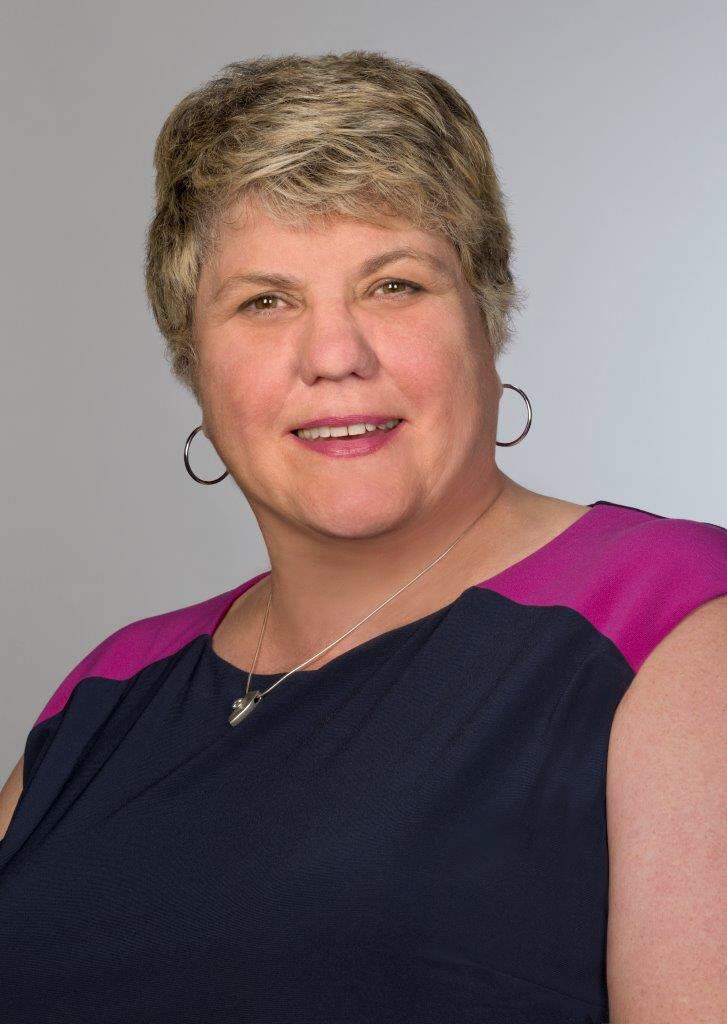
Patricia Flatley Brennan
The UC DATA Day 2018 keynote speaker is Patricia Flatley Brennan, RN, PhD, director of the National Library of Medicine (NLM). The NLM is the world’s largest biomedical library and the producer of digital information services used by scientists, health professionals and members of the public worldwide. Prior to her work at the NLM, she was the Lillian L. Moehlman Bascom Professor, School of Nursing and College of Engineering, at the University of Wisconsin–Madison.
The day will include panel discussions on “Game Changing Data: How Data is being used to Affect Change,” “Big Data” and “Data Solutions: Your Questions Answered.” In addition, attendees can participate in two technical sessions on data analysis and data visualization with Python. During lunch, service providers will speak on how they support researchers and research data management.
For more information on UC DATA Day 2018, contact Tiffany Grant, interim assistant director for research and informatics, at (513) 558-9153 or tiffany.grant@uc.edu.

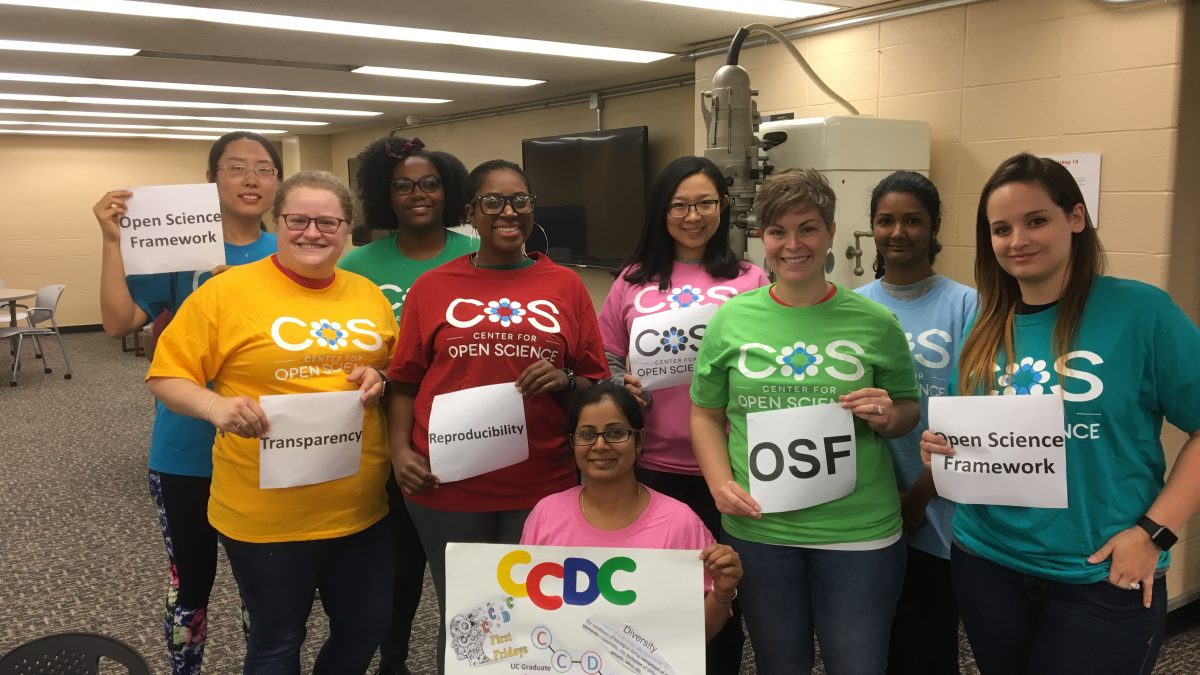
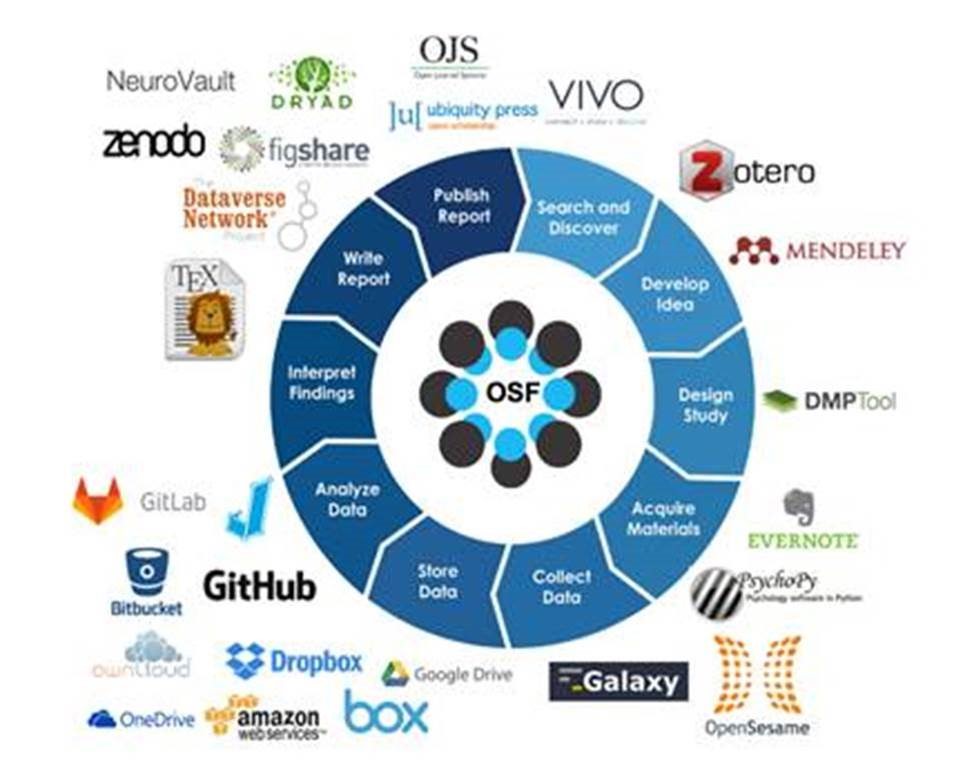
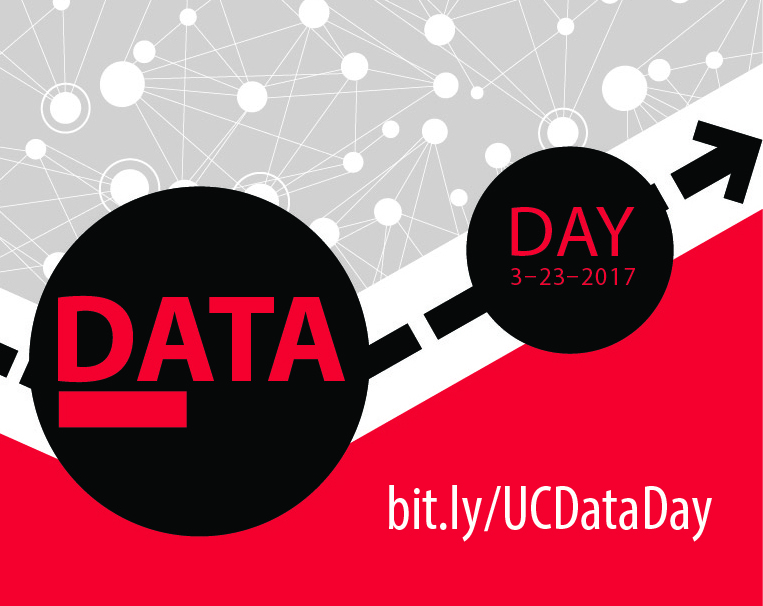
 of the building. There are times I miss the bench research and the data I created in my time as a senior research assistant. One of my favorite techniques was microscopy and particularly
of the building. There are times I miss the bench research and the data I created in my time as a senior research assistant. One of my favorite techniques was microscopy and particularly 